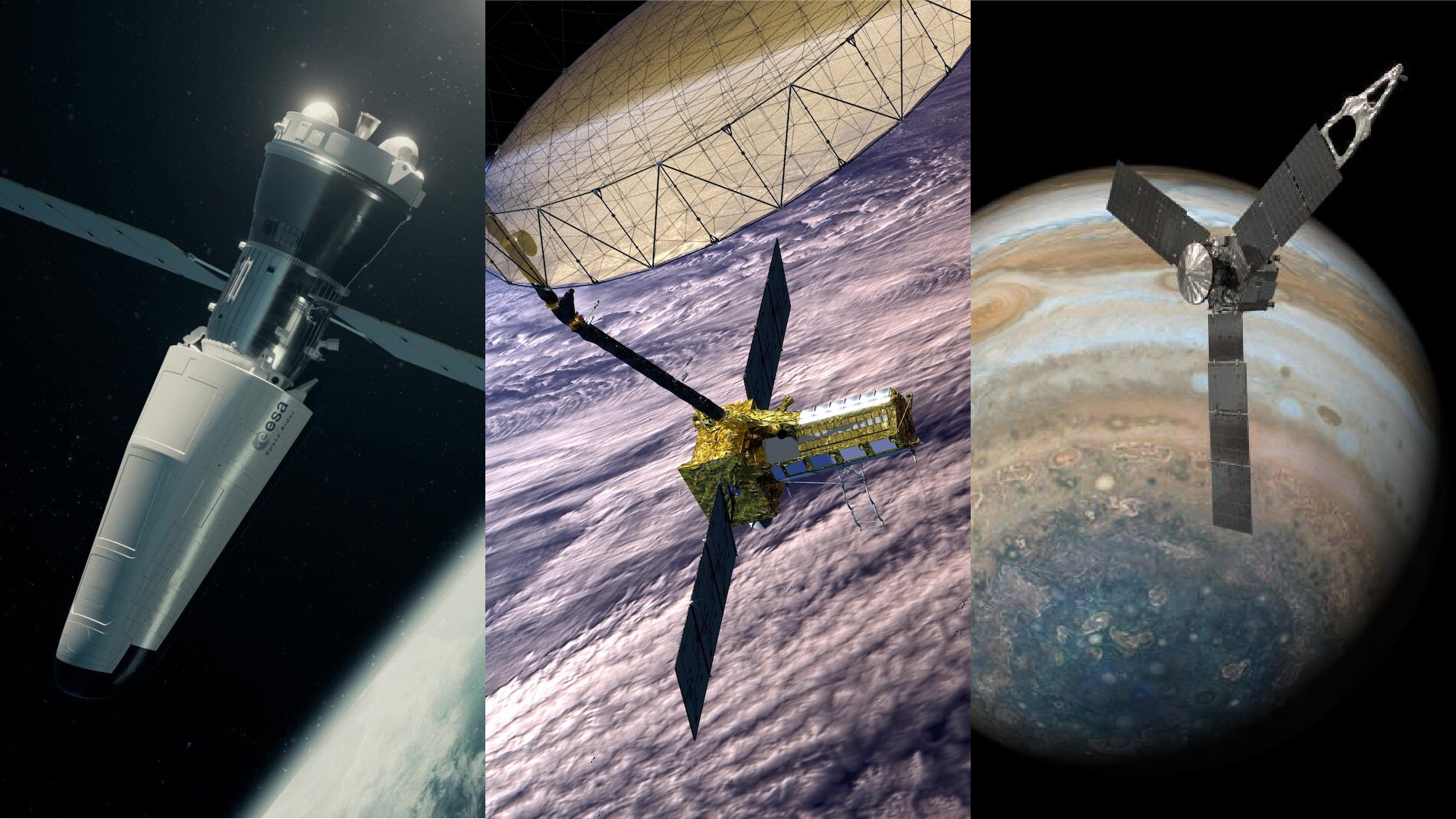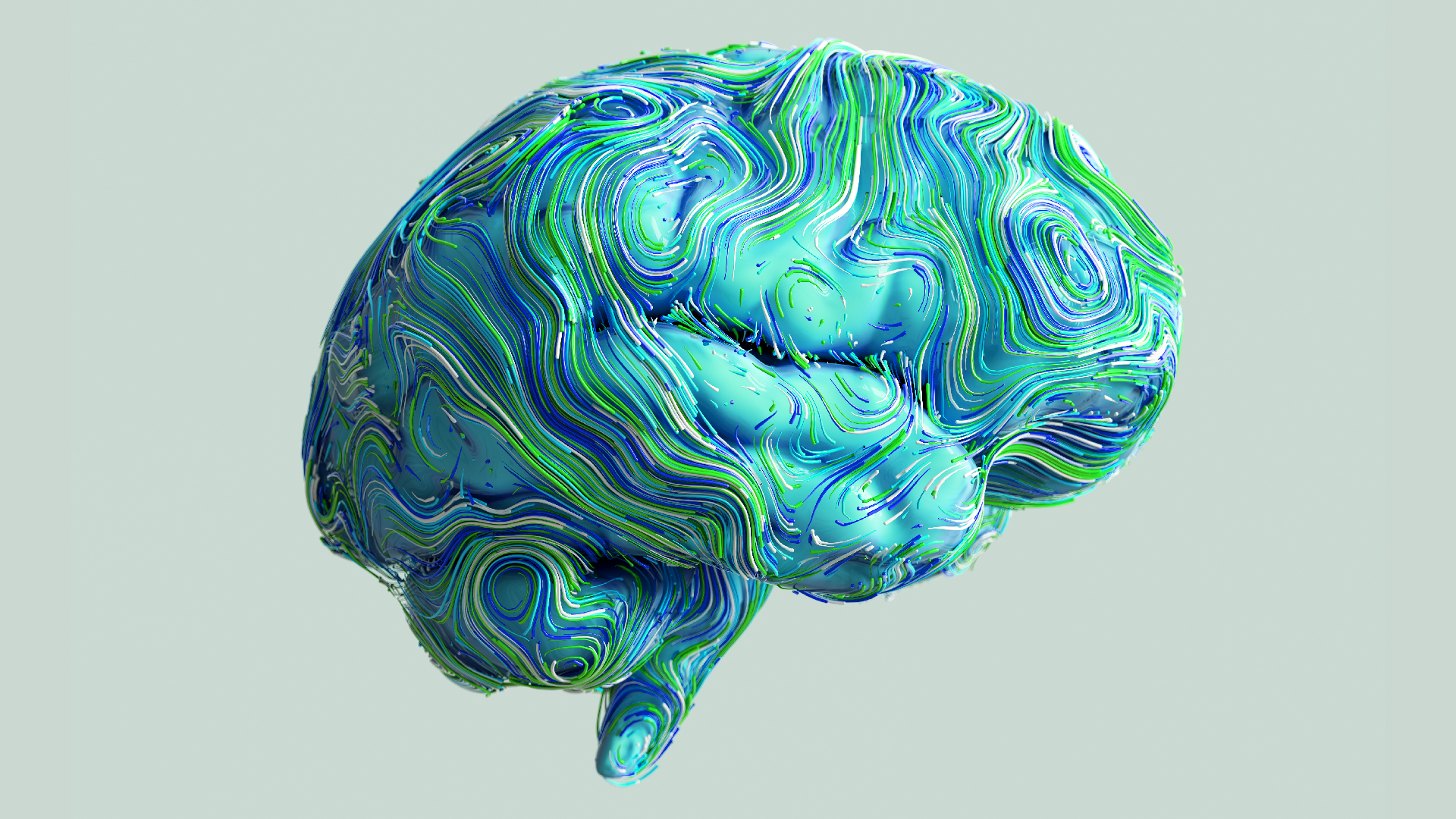
What 11 Billion People Mean for the Planet
A population explosion
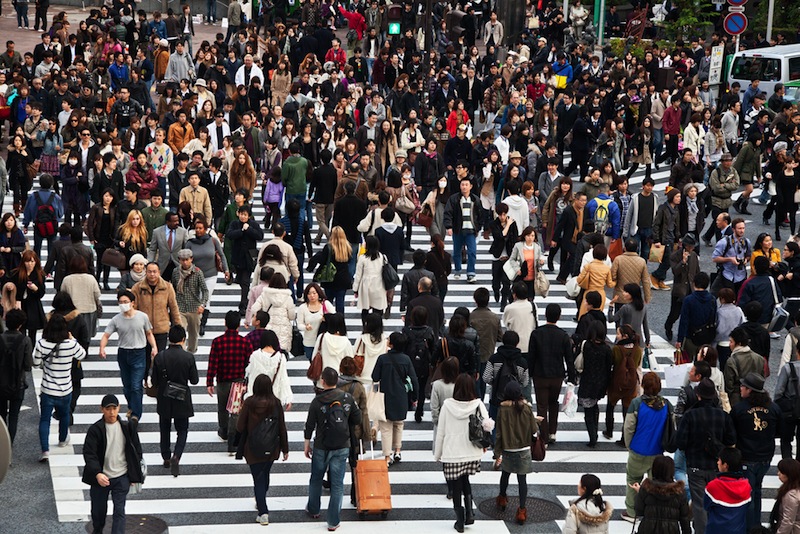
The human population is exploding. Earlier this year, the United Nations released a new report that said the global population was on pace to reach 11 billion people by the end of the century — a full 800 million more people than were expected by 2100 (with a range between 9 million and 13 million), and a whopping 4 billion more than call Earth home today. The bump in the predicted number was made in part because birthrates in sub-Saharan Africa are not dropping as fast as predicted.
All of those people mean a lot of extra mouths to feed, more strain on water supplies, a lot more trash and human waste to put somewhere and an increased threat of a major deadly global pandemic, among other problems.
As part of a weeklong series, LiveScience is taking a look at what impact a population of 11 billion might have on our Pale Blue Dot, and in what ways humans might need to adapt. The series explores food security, water security, climate change, Earth's animals, disease outbreaks, sanitation and space travel. Here's a brief look at each issue.
Food security
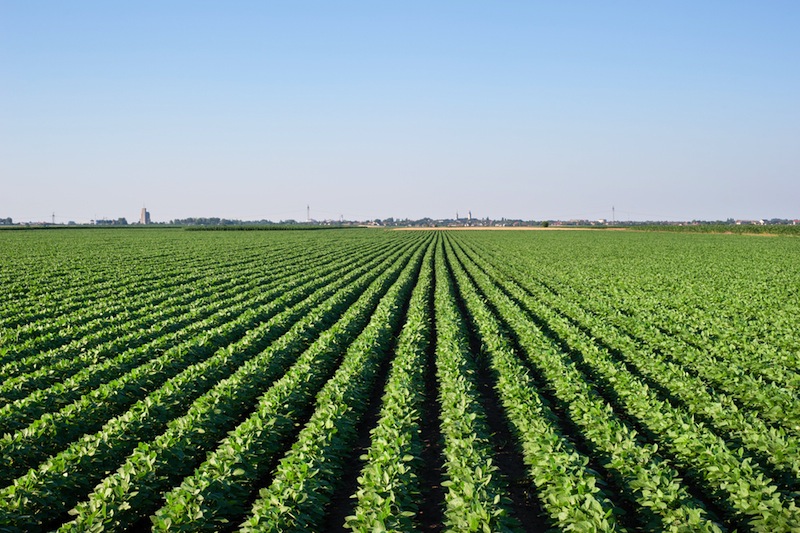
Experts agree the planet can produce enough food for 11 billion people, but whether humans can do it sustainably, and whether consumers will ultimately be able to afford that food, are not guarantees.
The world's food security future is not a simple matter of producing more food. Rather, food security is affected by a number of intertwining factors, including population size, climate change, food production, food use (for things like animal feed and biofuels) and prices, experts say. The world's population will also have to pay close attention to its use of Earth's resources, or risk making the situation worse. [Read how 11 billion people will affect food security here.]
Water security

Today, 2.7 billion people around the world face some water shortage in their daily lives. Clean, fresh water is a source of conflict in the U.S. Southwest, the Middle East and sub-Saharan Africa. Most people expect these conflicts to grow in the coming years. But these water woes are just a foreshadowing of the problems to come if the world's population hits 11 billion people by the end of the century, which will make providing clean water for everyone an increasing challenge.
In order to meet this challenge, scientists will need a better estimate of how much water is available, and people will need to invest in efficient water infrastructure and employ water-sparing farming techniques around the world, experts say. But even that may not be enough to provide for a thirsty planet. Some regions of the world may have to stop producing water-hungry crops and products altogether, leaving that to countries with more ample water supplies.
Climate Change
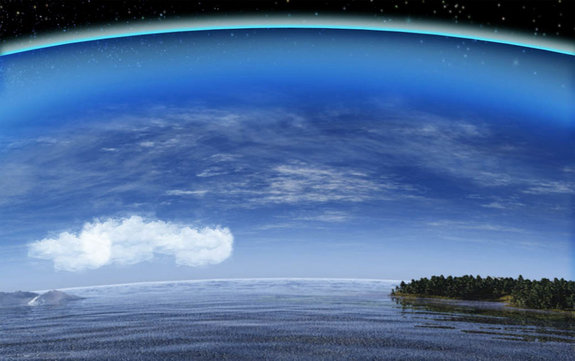
If greenhouse gas emissions continue to rise, and the global population swells to 11 billion people, could this growth worsen the effects of climate change, and overwhelm humanity's ability to fight global warming? Within the scientific community, this debate is brewing, but there is little consensus about how — or even if — population growth and climate change are directly linked.
Population growth is expected to surge in developing nations, particularly in sub-Saharan Africa. These regions have much smaller carbon footprints than developed countries. But, some climatologists say rapid industrialization of developing nations and changes in their consumption levels could add stress to Earth's fragile ecosystems.
[Read how 11 billion people might affect climate change here]
Earth's animals
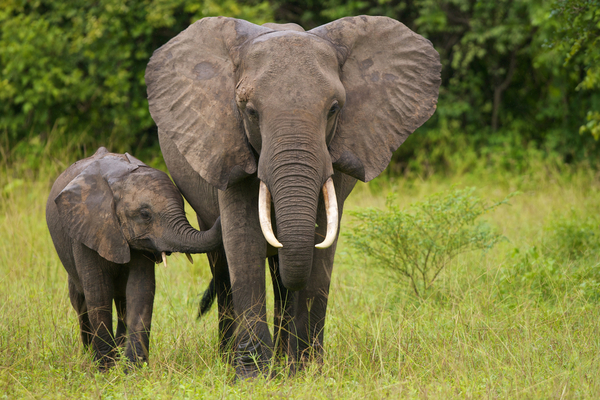
Growing human populations spell trouble for animals, and people are in the midst of driving the sixth-largest mass-extinction in the history of Earth, most biologists say. In general, conservationists and scientists are extremely worried about what the world's animal populations may look like if the human population grows to 11 billion.
Population growth is leading to destruction of wildlife habitat, and increasing demand for wildlife products. Some good news is that the richest animal diversity is found in a few spots, which could make conservation of these vital places easier. But it has to be made a priority, which is often not the case, scientists say.
Disease outbreaks

Scientists have documented an increasing rate of infectious diseases caused by new viruses and bacteria over the past few decades, which has happened alongside population rise. They say the rate of infections is likely to keep rising in the future.
Higher numbers of people, clustered in dense areas and traveling all over the globe could make it easier for a virus to be transmitted to more people, spreading any outbreak wider and faster than previously possible. And the fate of outbreaks is also being altered through the interactions of humans with the environment, as people move into areas inhabited by wildlife in search of places to live and grow food. Many agents of infectious diseases originate in animals, and human contact with wildlife species facilitates the transmission of novel viruses.
Some researchers are out in tropical regions hunting for emerging viruses while others emphasize bolstering public health research so we're better able to face the next pandemic.
Sanitation
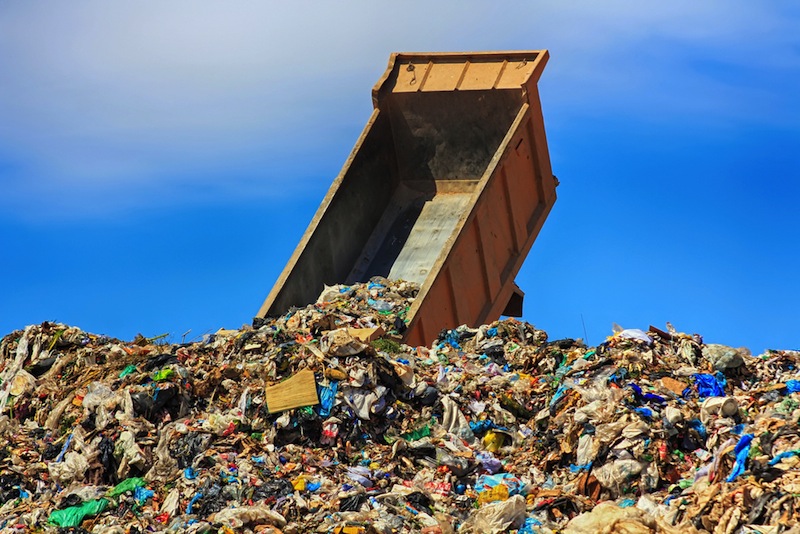
Nobody likes to mention it, but the world faces a major poop problem with the sharp rise in the human population. Not to mention all the trash humans generate.
Hong Kong and other small countries are already grappling with overflowing landfills. The amount of waste generated per capita is rising as urbanization causes greater consumerism. And worldwide, 2.6 billion people live without access to basic sanitation. The improper disposal of human waste leads to serious health problems. In some regions, the lack of sanitary facilities limits children's access to education.
The population outlook is grim, unless humans find ways to recycle waste in sanitary and energy-efficient ways, experts say.
Space travel

The ongoing population boom could accelerate the pace of climate change, strain the availability of key resources such as fresh water and threaten biodiversity around the globe. But it may have an impact beyond Earth as well, making humanity more able, and perhaps more willing, to leave our home planet and begin settling the solar system. More people overall means more millionaires and billionaires to pay for private spaceflight, which could help the industry develop, some experts said, though they warn that it won't be a Band-Aid for fixing overpopulation of our home planet.
Sign up for the Live Science daily newsletter now
Get the world’s most fascinating discoveries delivered straight to your inbox.








